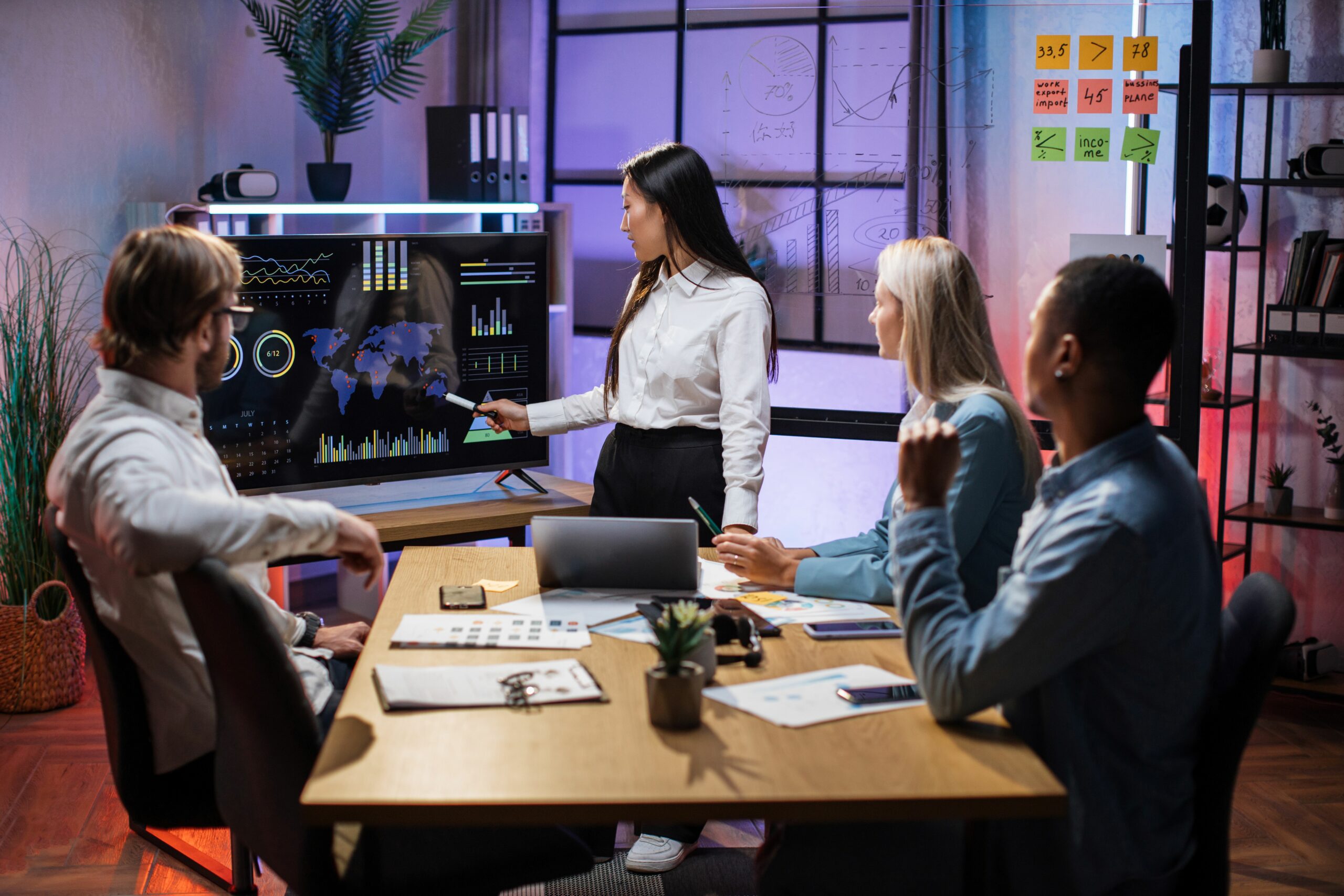The Art of Brainstorming: It’s Not a Free-for-All
Let’s get one thing straight: brainstorming isn’t a chaotic shouting match. It’s an art, a science, and a process that, when executed correctly, can yield a goldmine of innovative ideas. A recent Wall Street Journal article seems to have missed this point, painting brainstorming as a futile exercise. As an IP consultant and prolific inventor, I’m here to set the record straight.
The Misconception: Brainstorming is a Waste of Time
The WSJ article quotes Sheena Iyengar, a professor at Columbia Business School, saying, “You do not get your best ideas out of these freewheeling brainstorming sessions.” Well, if your brainstorming sessions are “freewheeling” with no structure or direction, then yes, they’re probably not going to be very productive. But that’s not what brainstorming is supposed to be.
The Reality: Brainstorming is a Powerful Tool
When done right, in-person ideation sessions can produce hundreds of pate ntable invention ideas in a short amount of time. The problem is, most managers have no idea how to properly facilitate a brainstorming session. They let it devolve into a free-for-all, with no obvious structure, no data directing the invention session, and no knowledge of creativity tools. It’s bound to fail, and be dominated by extroverts with a lot to say but little value to add.
The Power of Collaboration
The author also seems to dismiss the value of collaboration, suggesting that colleagues should compare notes after extensive, independent thinking. But that’s missing the point. The power of brainstorming comes from the synergy of different minds working together, bouncing ideas off each other, and building on each other’s thoughts. It’s not just about comparing notes.
The Alternative: Waiting for Lightning to Strike
The article seems to suggest that the only alternative to brainstorming is waiting for those “ah ha” moments in solitude. But that’s like trying to produce power by waiting for lightning to strike a metal rod: it’s certainly possible to harvest some voltage this way, but it’s unlikely to keep the lights on for very long.
The Solution: Expert Facilitation
If in-person brainstorming sessions are going to be effective, innovation managers should hire and learn from expert invention consultants like ipCapital Group. We’ve facilitated dozens of ideation sessions with individual inventors, startups, and Fortune 500 companies, and we’ve seen firsthand the power of structured, facilitated brainstorming.
How to Have More Effective In-Person Brainstorming Sessions
1. Structure is Key: Brainstorming sessions need a clear structure and direction. This includes a clear objective, a set agenda, and a designated facilitator to guide the session.
2. Use Creativity Tools: There are many tools and techniques available to stimulate creativity and idea generation. These can include mind maps, SWOT analysis, SCAMPER, and more.
3. Encourage Participation: Create an environment where everyone feels comfortable sharing their ideas. This means encouraging quieter members to speak up and ensuring that louder members don’t dominate the conversation.
4. Build on Ideas: The power of brainstorming comes from building on each other’s ideas. Encourage participants to listen to each other and add to the ideas that are shared.
5. Hire an Expert: If you’re serious about innovation, consider hiring an expert invention consultant to facilitate your brainstorming sessions. They can bring a wealth of experience and knowledge to the table and guide your team towards productive ideation.
The Takeaway: Don’t Dismiss Brainstorming
In conclusion, let’s not throw the baby out with the bathwater. Yes, poorly executed brainstorming sessions can be a waste of time. But when done right, they can be a powerful tool for innovation and creativity. Instead of dismissing the concept altogether, let’s focus on improving the execution. After all, the power of brainstorming lies not in the chaos, but in the structure, collaboration, and expert facilitation.

